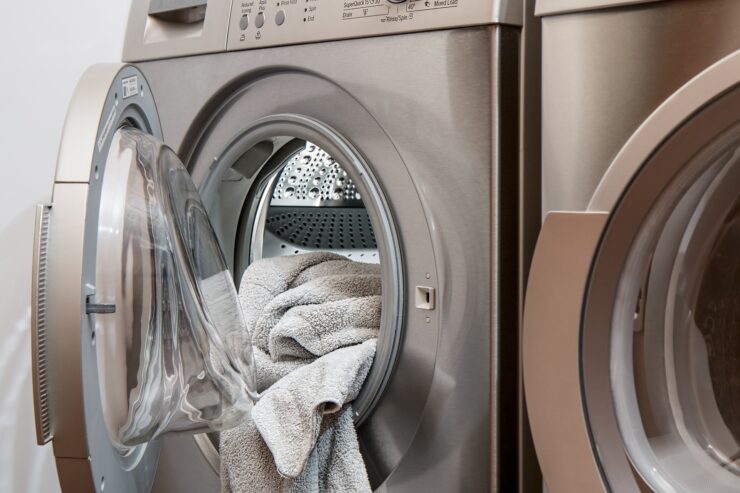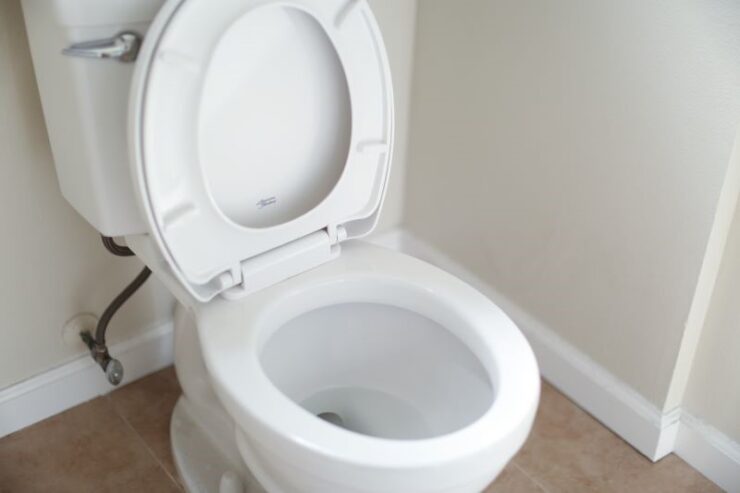
This summer was another hot and dry one, and the dedicated team of water managers at Seattle Public Utilities (SPU) was prepared. Since we started the year with lower-than-average snowpack, they began refilling our mountain reservoirs earlier in the year and topping them off higher than usual to help maintain a reliable water supply. You can think of this like filling up your water bottle before a long hike, so we had extra water on hand when the heat came rolling in.
We’re still keeping an eye on that often-blue sky and hoping for more rain — we got almost an inch recently. We’re also watching our reservoirs closely and making adjustments to ensure our water supply is flowing smoothly. With sunny, dry days in the forecast, we may have to rely more on the fall rains expected in October to replenish our water supply. If it gets to the point where we all need to pitch in and use less water, we’ll let you know. For now, please use this precious, shared resource wisely – for both people and fish. Even seemingly small, daily actions add up to make a big impact.
Curious about what actions you can take to save water today? Learn more from the Saving Water Partnership, an organization comprised of 19 water utilities (including SPU) that share a common water source.
Save in the summer with smart watering:

- Water outdoors early in the morning or later in the evening to minimize evaporation
- Let your lawn take a summer snooze (aka golden and dormant). Water once a month and it’ll bounce back in the fall.
- Plant perennials in the fall and let nature water your plants all winter long
Everyday actions to save water:

- Dishwashers are the unsung heroes. Got a dishwasher? Use it! Washing by hand typically uses more water.
- Shorten your shower, save a small pond. Every minute you shave off your shower time can save 2 gallons of water. Save your “everything shower” for when the rains return.
- Run full loads. Pack your washing machine and dishwasher tighter than your carry-on luggage on a budget flight. Wait until they’re full before you hit the start button.
- Leave the hose and use a broom. Sweep to clean patios and sidewalks instead of using a hose or power washer. The extra cardio can’t hurt.
- Look at every water bill. Knowing how much water you use can help you spot leaks quickly.
Upgrade fixtures and appliances:

- Is your toilet old enough to buy a Rainier? Replace it and you could be eligible for a rebate on a new toilet.
- If you have an automatic sprinkler system, switch to a smart timer. You could be eligible for a rebate on a timer and your water bill will thank you.
- Our showerheads and faucets do the hard work everyday. Give them the update they deserve.
- If your dishwasher or washing machine is older than 15 years, it’s probably time to let it retire.
Find the most efficient appliance options. WaterSense and ENERGY STAR will point you to models that save water and perform well.
Get leaks and running toilets fixed right away:

- Running toilets are the top source of leaks. If your toilet gurgles between flushes or you find yourself jiggling the handle to make it stop – those are clear signs you have a leak. A running toilet can use as much water as taking 15 showers a day!
- That dripping faucet or showerhead adds up. Just one drop every 2 seconds wastes more than 1,000 gallons per year.
- Find hidden leaks using your water meter. Your water meter can rat out those sneaky leaks – and your toilet is often the culprit.
Healthy plants need less water:

- Build better soil with compost and mulch. Like good skincare, your soil also needs some love. For healthier soil, add compost in the spring or fall and cover bare soil with 3 inches of mulch.
- Right plant, right place. Pick plants that actually like living here and require less water.
- Let the top few inches of soil dry before watering again. Just like humans, plants can only drink so much water. Letting the soil dry a bit prevents disease and is good for soil life.